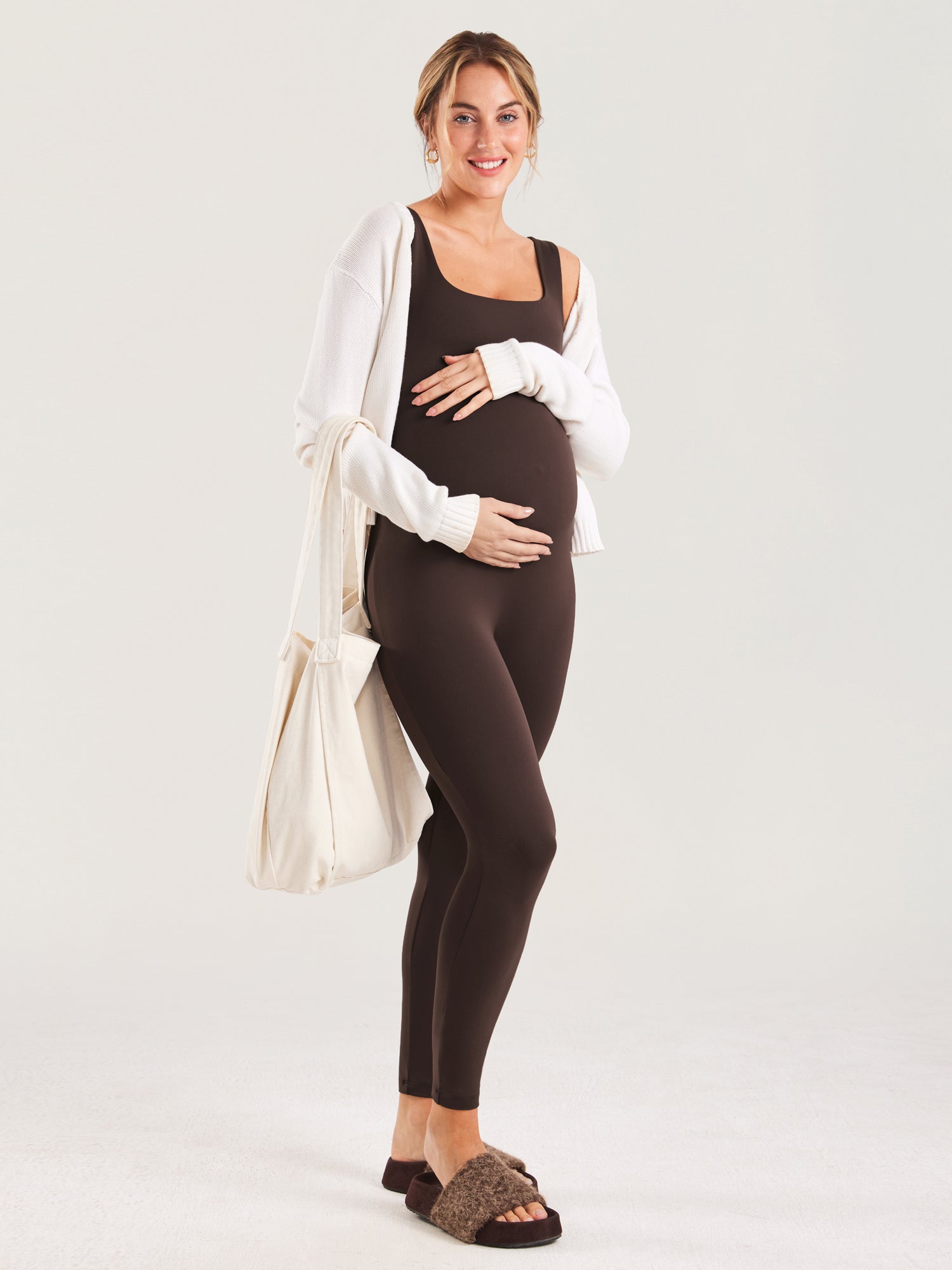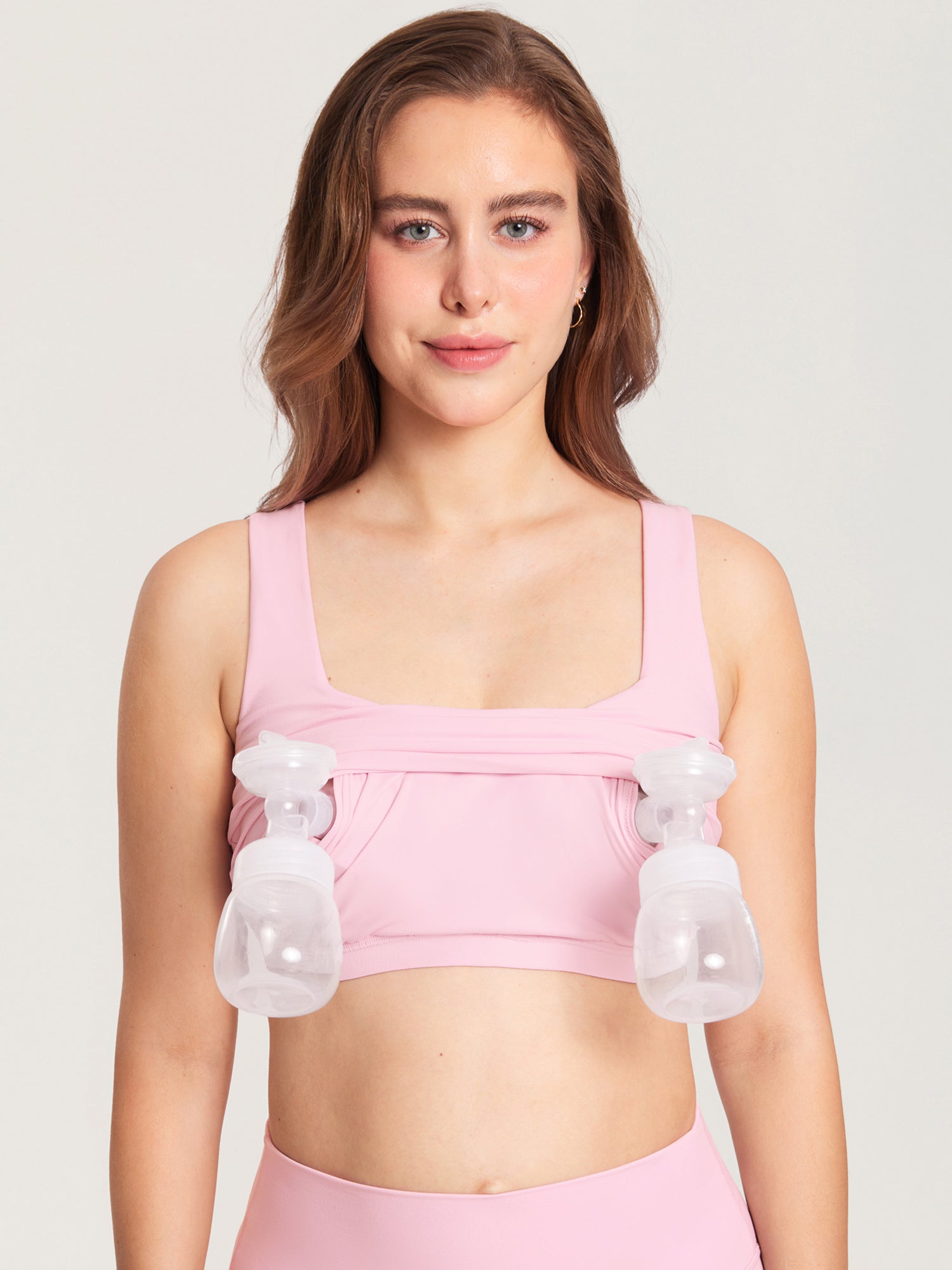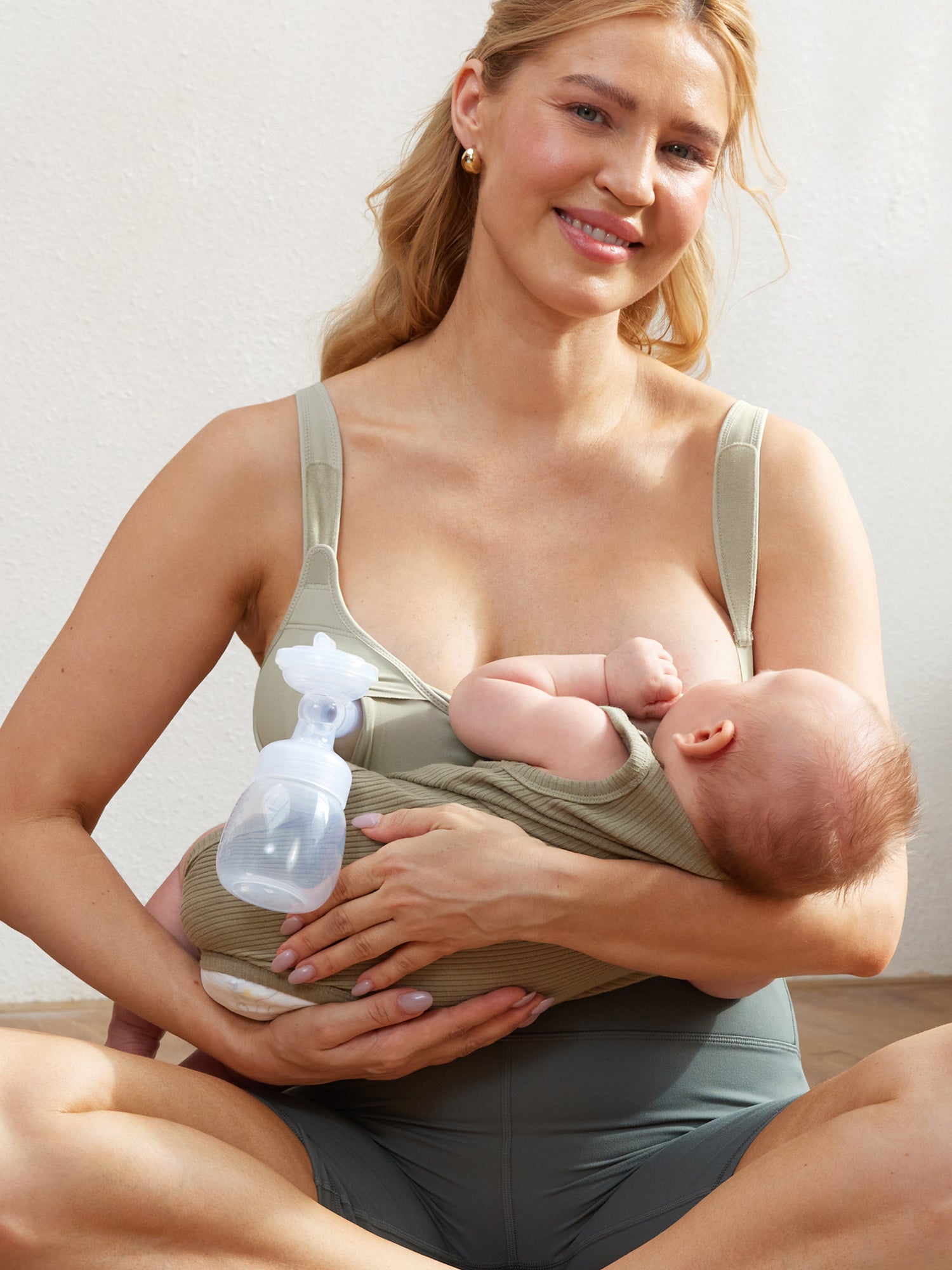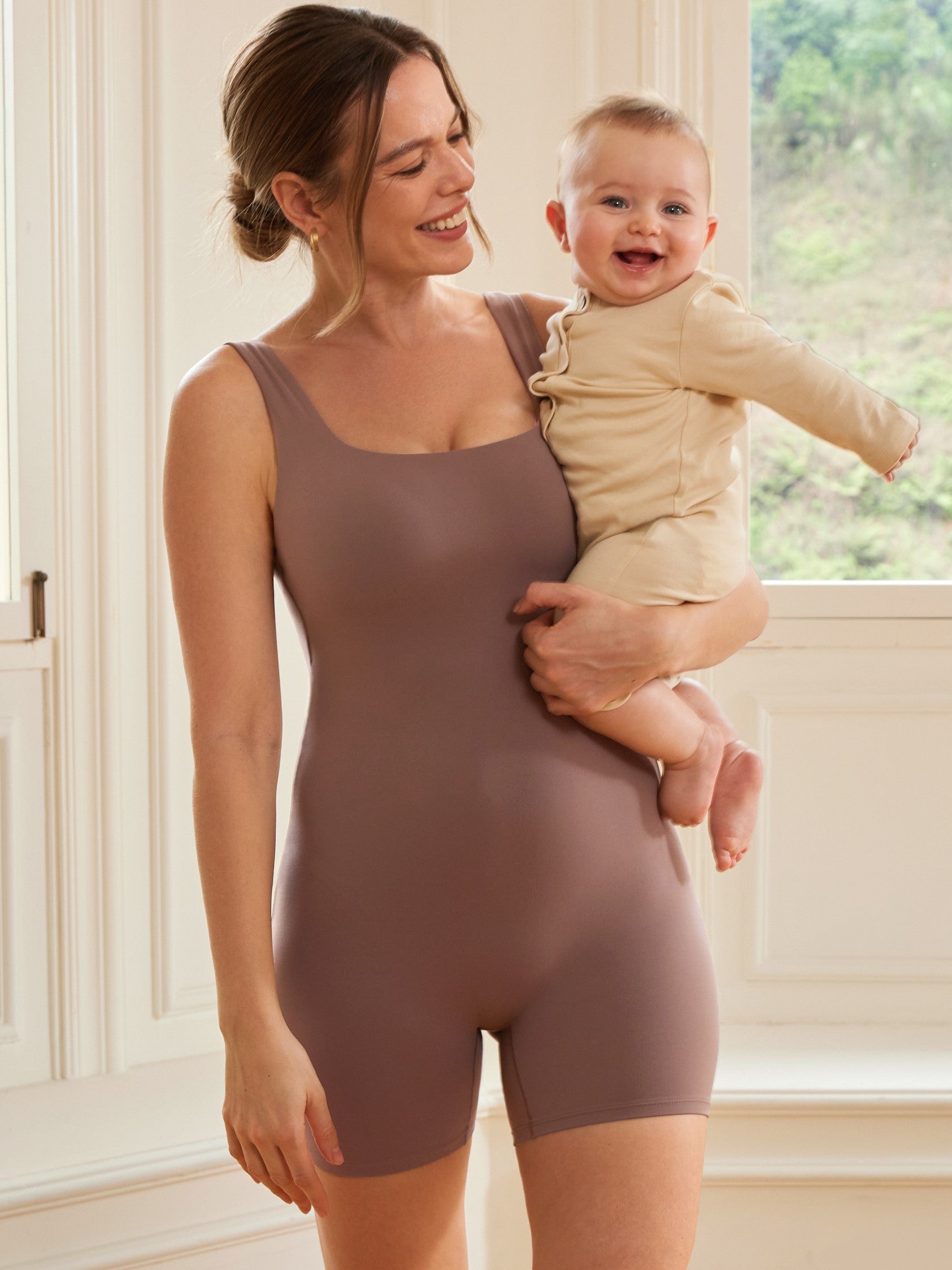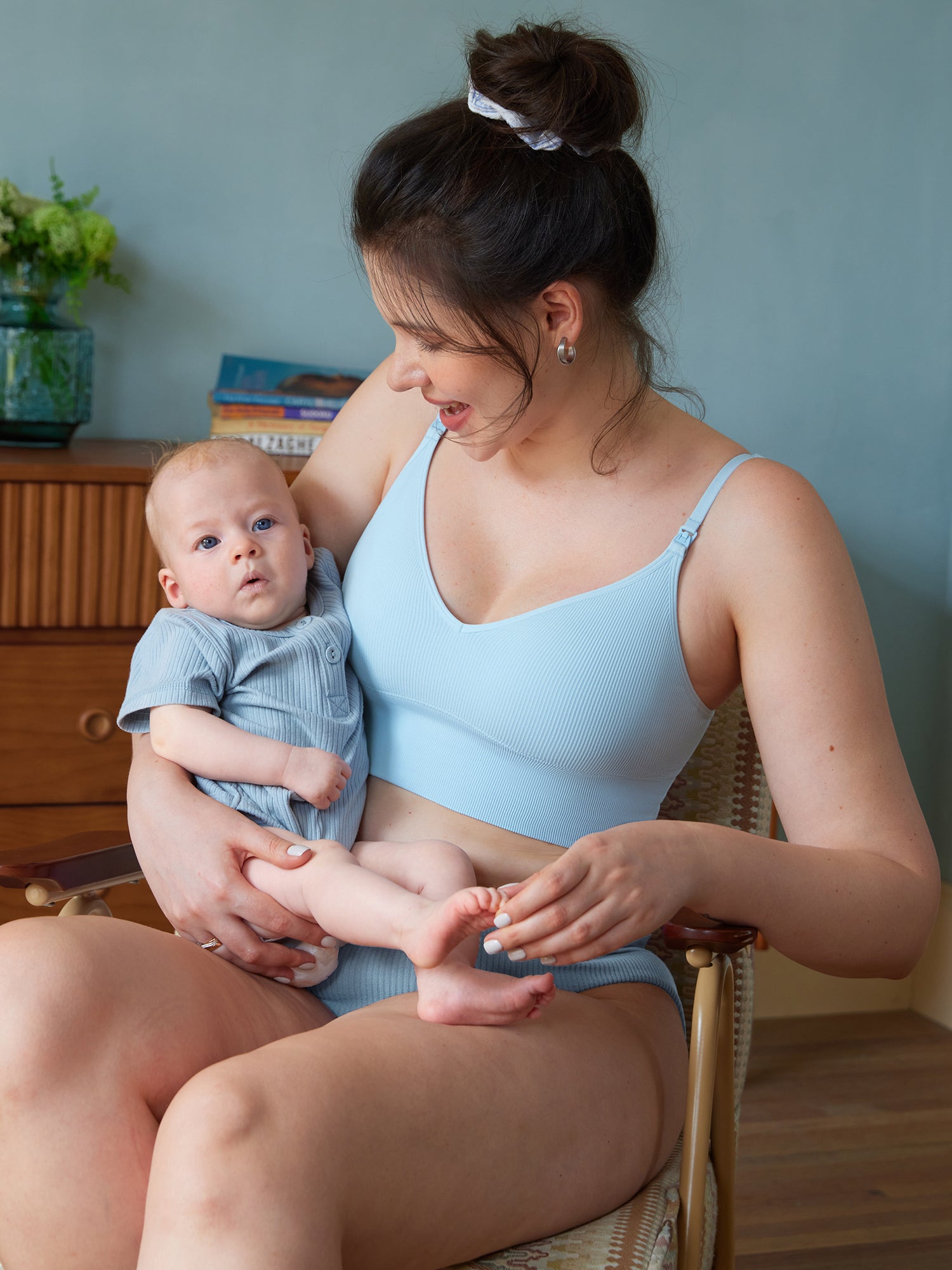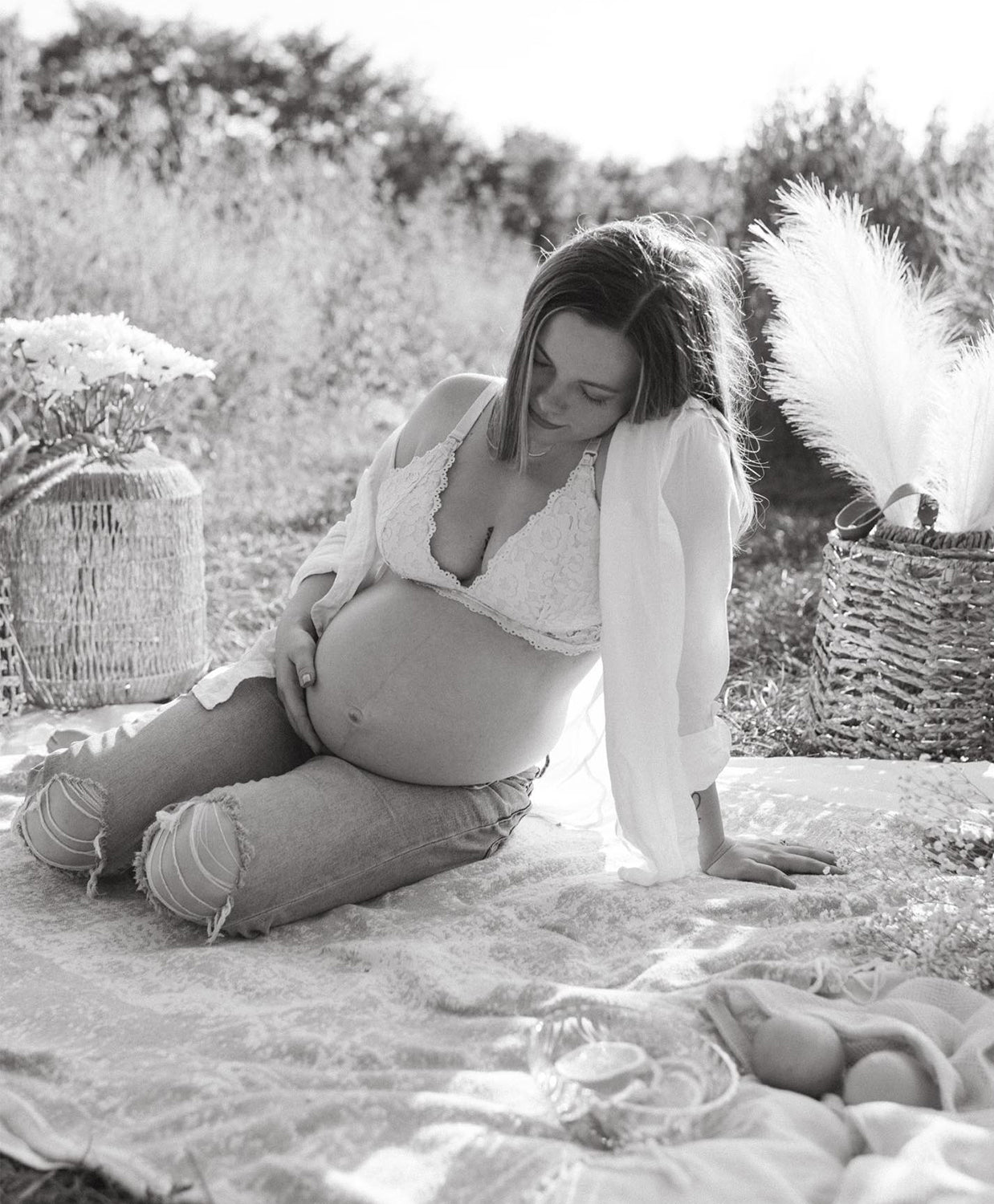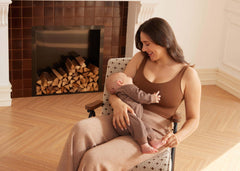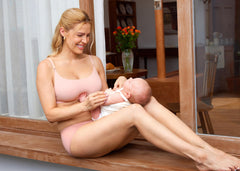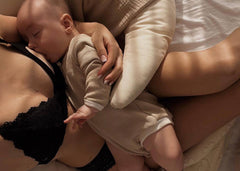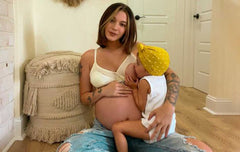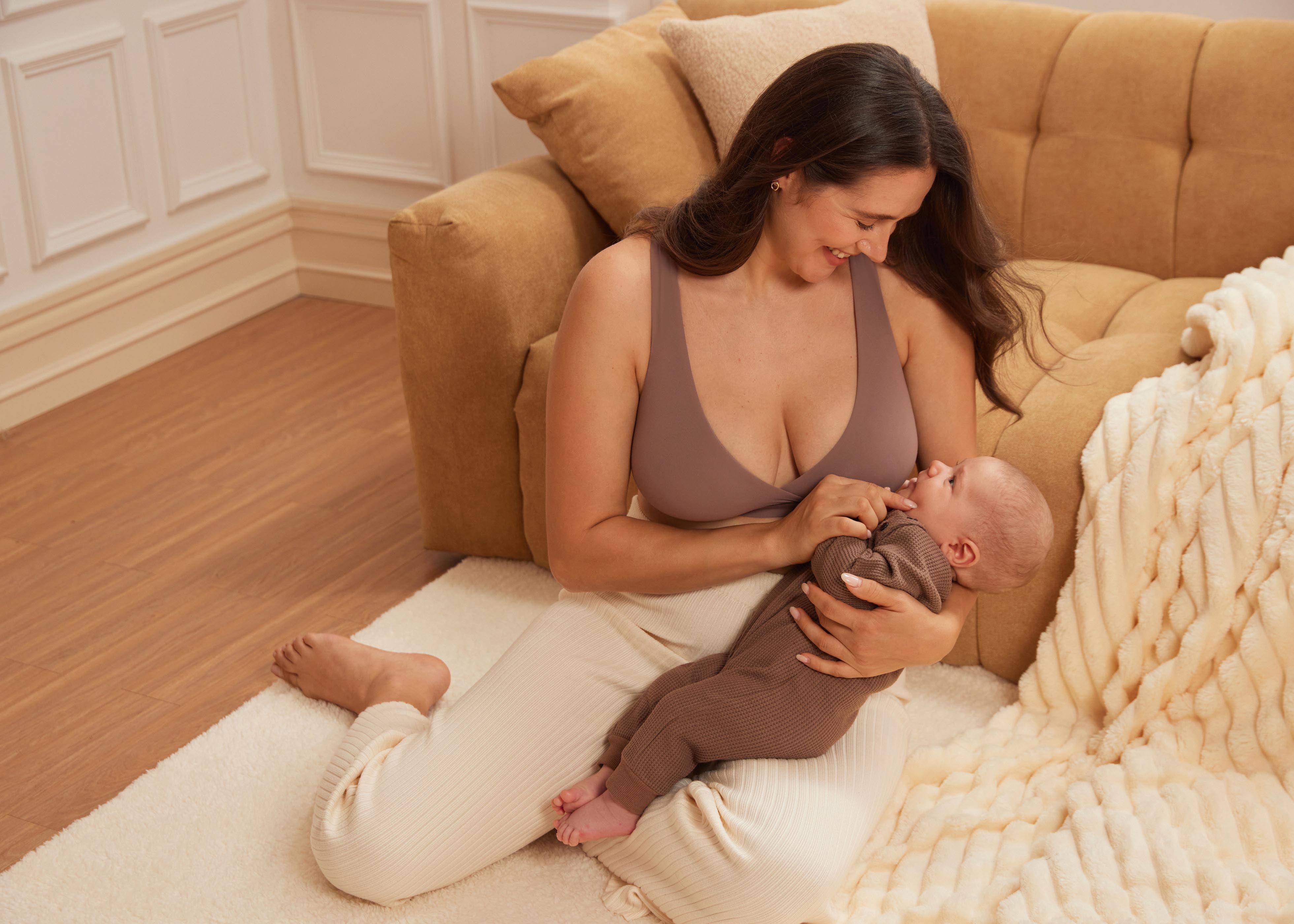A fever in babies can be a cause for concern, especially if it happens during the night when you are unsure of what to do. Fevers are a common symptom of many illnesses, but knowing how to manage them when your baby is sick is essential for their comfort and safety. If your little one develops a fever at night, there are several steps you can take to help reduce their discomfort and monitor their symptoms until morning.
1. Assess the Severity of the Fever
The first step when your baby has a fever is to determine how high the temperature is. A fever is typically defined as a temperature of 100.4°F (38°C) or higher. You should use a digital thermometer to take your baby’s temperature. If the temperature is mild (below 102°F), it may be manageable at home with proper care. However, if the temperature exceeds 102°F or if your baby appears to be very uncomfortable, you should seek medical attention immediately.
2. Keep Your Baby Comfortable
If your baby’s fever is mild, try to keep them comfortable while you monitor their condition. Dress your baby lightly to avoid overheating, and use a fan or cool washcloth to help reduce their temperature. Ensure the room is at a cool but comfortable temperature, and make sure your baby stays hydrated by offering small sips of water or milk. Breastfeeding is particularly helpful if your baby is still nursing, as breast milk provides both nutrition and hydration.
3. Offer Fever-Reducing Medications
If your baby’s fever is causing them significant discomfort, you may choose to administer fever-reducing medications like acetaminophen (Tylenol) or ibuprofen (Advil). Be sure to follow the dosage instructions based on your baby’s age and weight. These medications can help bring down the fever and make your baby feel more comfortable during the night. However, never give aspirin to a child due to the risk of Reye's syndrome.
4. Monitor for Other Symptoms
While managing your baby’s fever, be on the lookout for other symptoms that may indicate a more serious condition. Signs that require immediate medical attention include:
- Difficulty breathing
- Seizures
- Persistent vomiting or diarrhea
- Rash or unusual spots
If any of these symptoms appear, contact your pediatrician immediately. It’s better to err on the side of caution, especially if the fever persists for more than 24 hours or if your baby is under three months old.
5. Keep Calm and Stay Informed
It’s natural to feel anxious when your baby has a fever, especially during the night. However, staying calm and making decisions based on your baby’s condition will help you respond effectively. If you are unsure whether you should wake your pediatrician, you can always call a 24-hour nurse hotline or visit an urgent care center if the situation worsens.
6. When to Call the Doctor
If your baby’s fever is high (above 102°F), lasts longer than 24 hours, or is accompanied by concerning symptoms like lethargy, rash, or difficulty breathing, it’s time to call the doctor. Also, if your baby is under three months old and develops a fever, you should call the doctor immediately, as even a low fever in such a young baby can be a sign of a more serious illness.
7. Follow-Up Care
Once the fever has subsided and your baby starts to feel better, ensure that they continue to rest and stay hydrated. Keep an eye on their temperature over the next few days. If the fever returns or if new symptoms develop, don’t hesitate to reach out to your healthcare provider.
FAQs
How do I know if my baby’s fever is serious?
If your baby’s fever exceeds 102°F, lasts more than 24 hours, or is accompanied by other symptoms like difficulty breathing or a rash, it’s time to seek medical advice.
Can I use a cold bath to lower my baby’s fever?
Avoid using cold baths, as they can cause your baby to shiver, which could actually raise their body temperature. Instead, use lukewarm water or a cool washcloth.
When should I take my baby to the doctor for a fever?
If your baby is under three months old and has a fever, or if the fever lasts longer than 24 hours or is very high, you should contact a doctor immediately.

